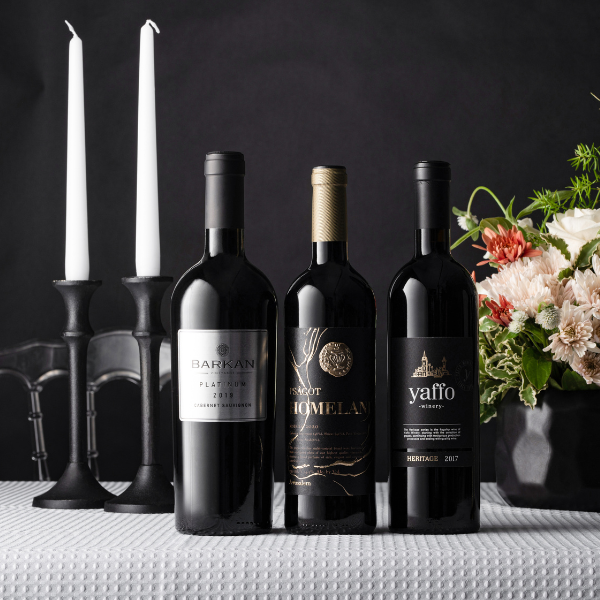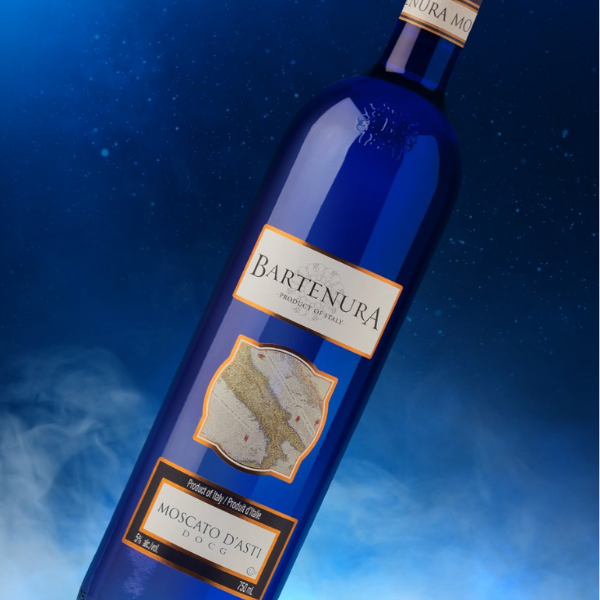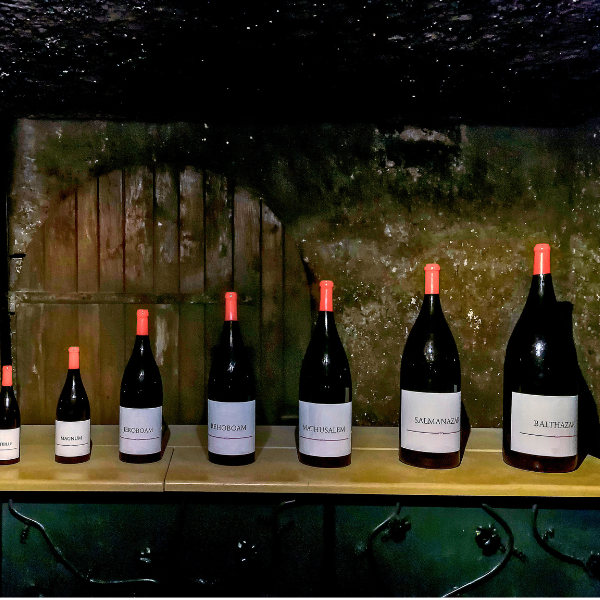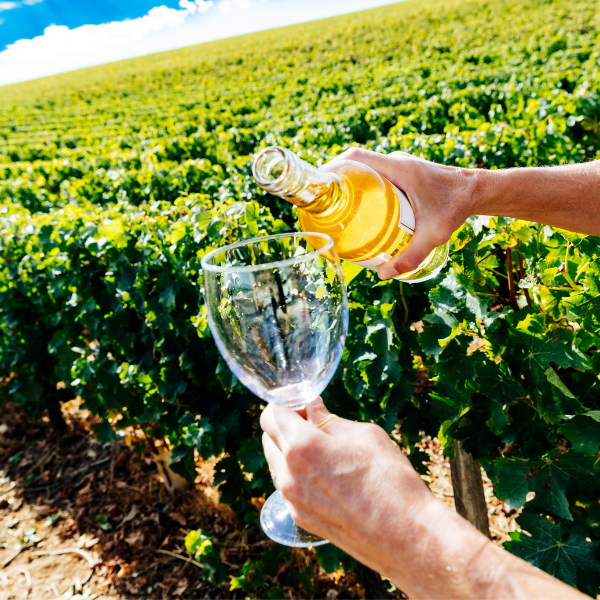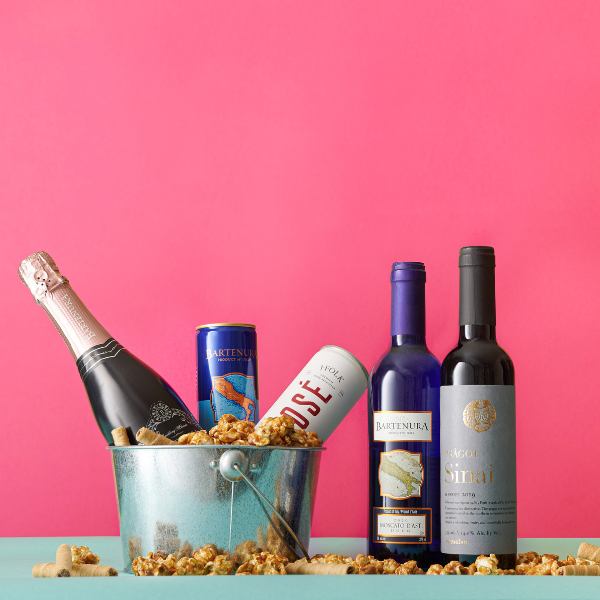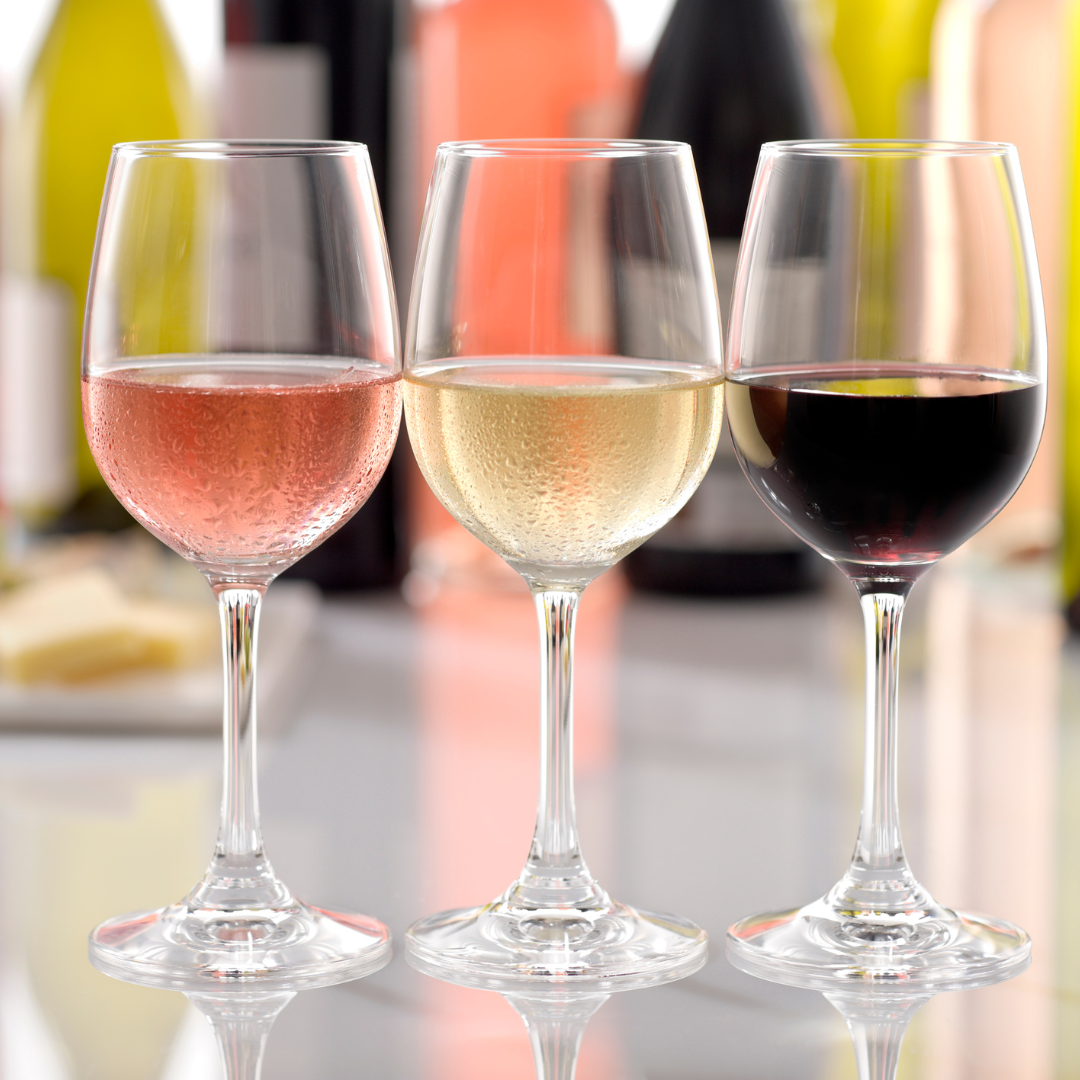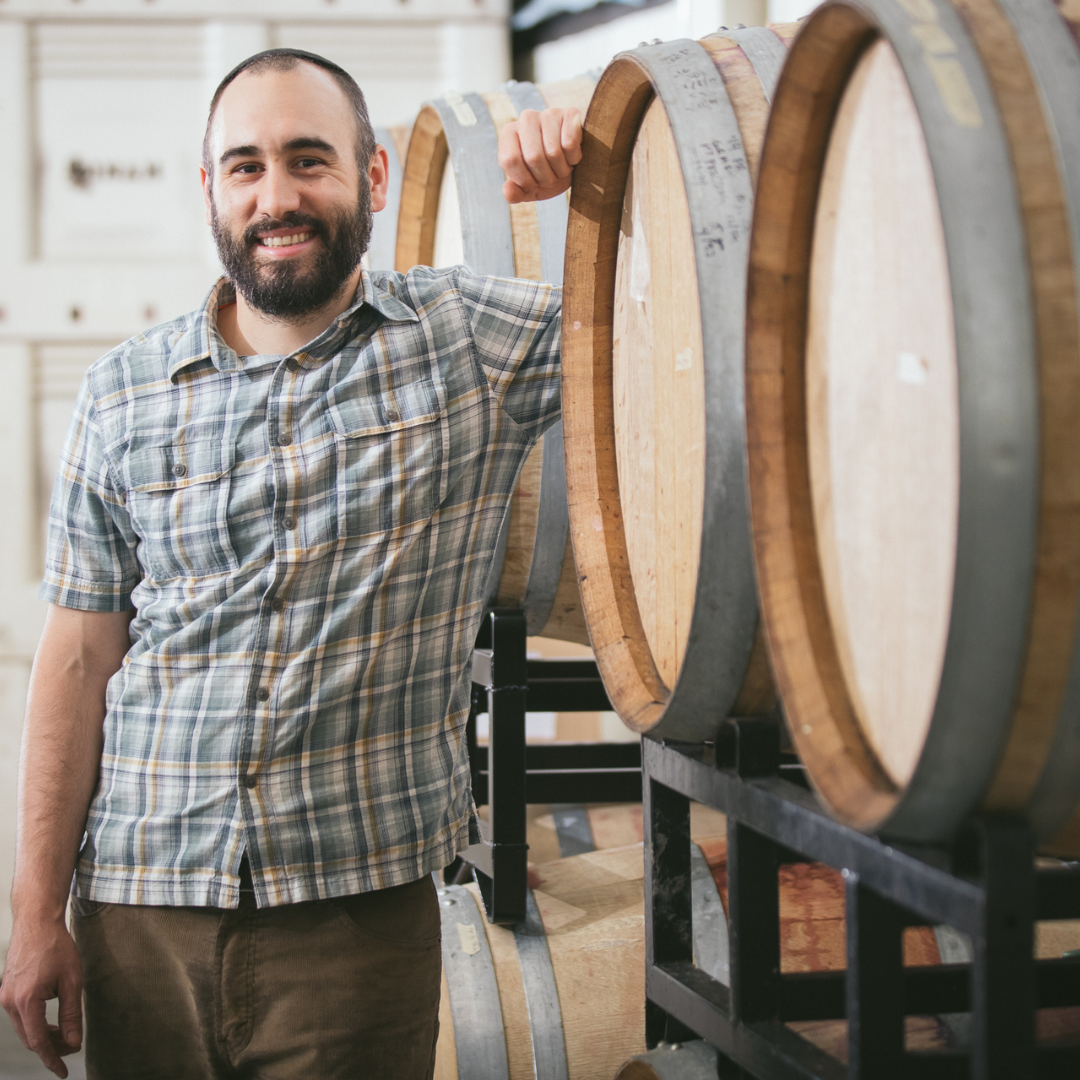8 Questions with Alex Haruni from Dalton Winery
- Feb 23, 2023
Article Originally published June 2019. Updated: February 23, 2023
Welcome to Dalton Winery
Roughly 10 kilometers north of Safed, in a fertile farming region, is the town of Keren Ben-Zimrah, and the Dalton Winery. The Dalton Winery boasts 15 variants of grapes, grown in 12 vineyards located around the Galilee and well over 800 dunam (roughly 200 acres) of vines supply the grapes needed for more than 1 million bottles produced annually.
Alex Haruni, and his father Mat, established Dalton Winery in 1995 with a mind towards increased tourism to the Galilee and to Israel at large. We sat down with Alex, the CEO and President of Dalton Winery, to learn about the origins of Dalton Winery and discover how they grew into the Kosher Wine giants they are today.
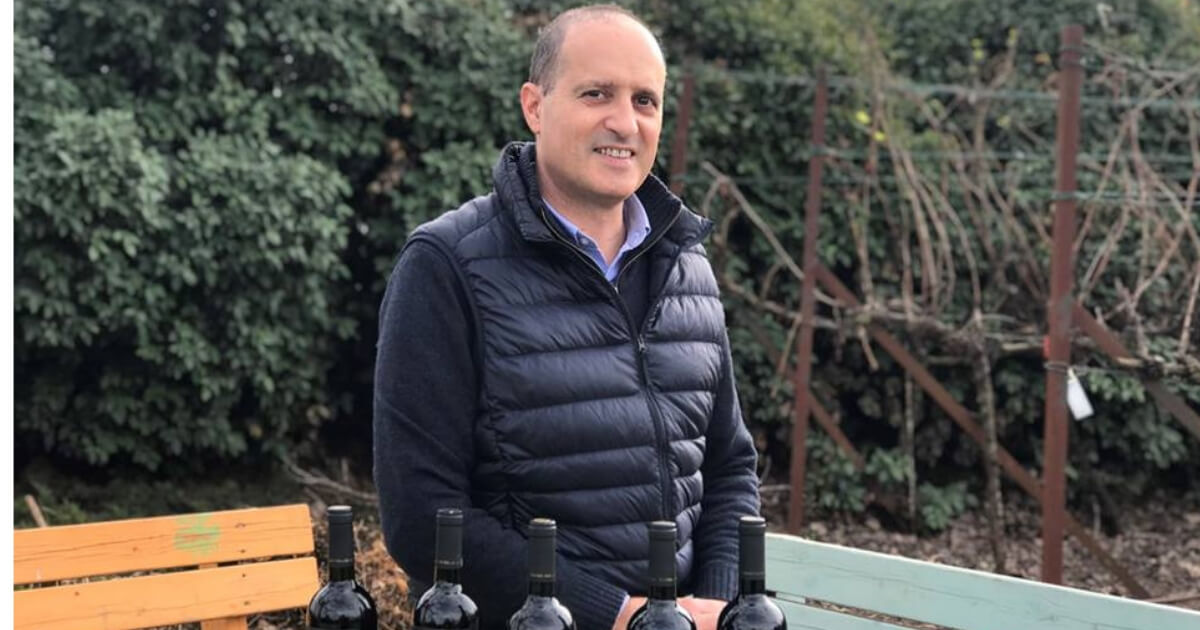

1) How did you first get started in the Israeli wine market?
Our family is originally from England, but we moved to Israel in 1991. It all started when my father and I wanted to invest in the Galilee. We saw the region during the mid 1990’s as underestimated and underappreciated for wine growing. We built the winery in 1995, and originally it was just a small one. My father was the visionary and financial advisor and investor for the business. At the time the Galilee was rundown and forgotten, so we wanted our investment to act as an ambassador to the Galilee.
Once we put up the winery, people had a reason to come and visit. This is true for the region as well as the country: Israeli wine is a great ambassador for Israel. It’s one of the things that drive tourists to the land. We grew together with the industry from 20,000 bottles to millions. At the time we started in the mid-1990s, Israel was at its infancy as a respected wine growing region. Now we distribute internationally to the US, England, France, Germany, Italy, and Brazil.
2) When expanding your operation, how did you decide where to purchase plots? Are there any special soil types that exemplify the region’s wine growing potential?
Most vineyards are planted from scratch. We were looking to do something unique in the area, so we found our own plots and planted. There are a couple neighboring farmers that we still work with. We chose the sites by what was available, but altitude and soil testing were important factors as well. We also have many different soil profiles, including terror rossa, clay, basalt, and chalk. The basalt soils are part of a large formation that stretches from the Golan to Keren Ben Zimra, and the chalk soils are near Elkosh in the North Western Galilee.
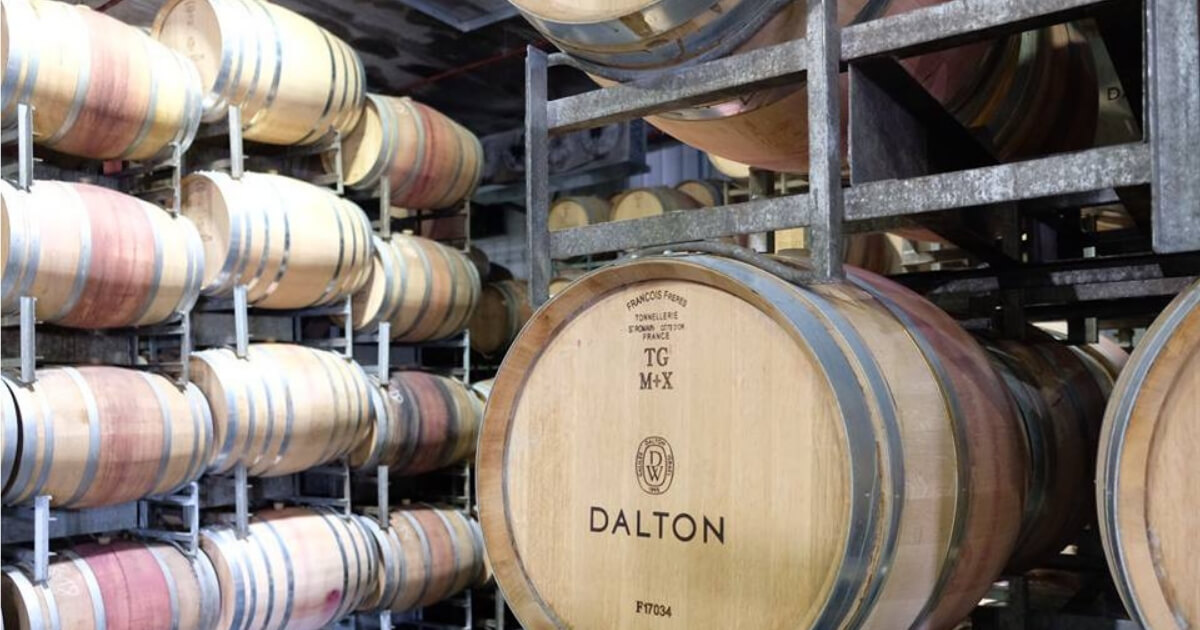

3) I understand that you have estate series wines; however, it is rare for wineries to produce estate wines in Israel. What is your yearly production like?
We have over 110 hectares of vineyard and produce 1.2 million bottles of wine per year! We farm 80% of our own vineyards, which allows us to use the estate designation on that series. Many Israeli wineries source from different farmers, but we go out and farm our own wines. We also plant according to our own needs.
4) What trends do you see happening in the Israeli wine sphere, and are there any specific varietals that are particularly suited for the Israeli climate?
We have been making wine for over 20 years in Israel. Trends come and go. Certain varietals succeed here: Shiraz is particularly suited for Israel, Cabernet Sauvignon is king and does well too. Every Israeli winery needs to produce Cabernet to become well-recognized. However, we are trying to get the Kosher wine drinking public interested in other new varietals. One way we do this is by adding all sorts of interesting varietals into our blends. As a winery we are also moving more towards white and rosé production, our customers are finally beginning to realise that red wines aren’t the be all and end all and warmer weather is encouraging consumers to be more more open about drinking whites. Also the market for Rosé wines has exploded over the last few years and we are one of the leaders in that area.
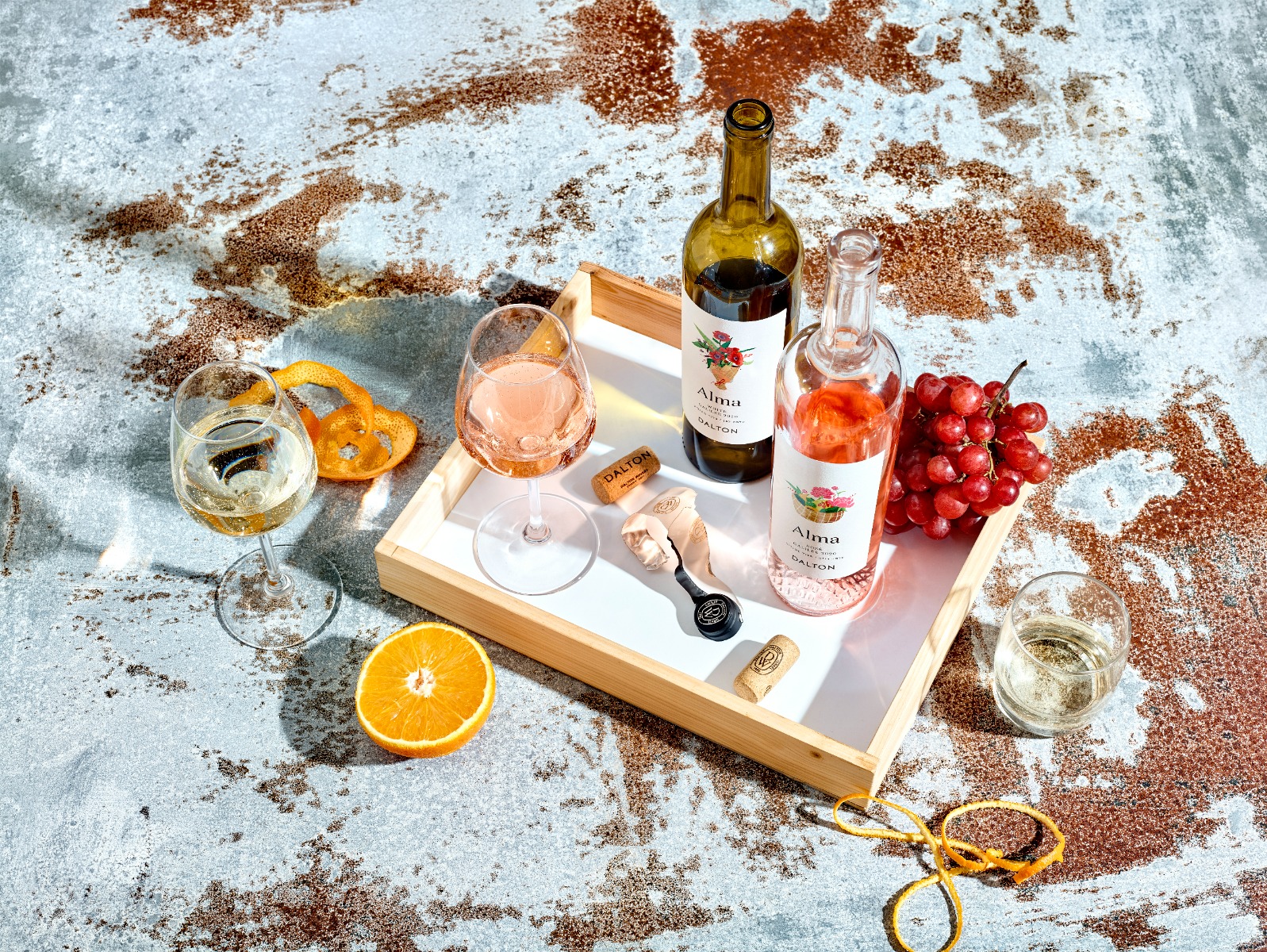

5) Do you think that Kosher consumers are more interested in specific varietals?
In the American kosher arena, people seem to be more conservative than in other markets. Some people believe that blends are inferior to single varietals even though most wines in France are in fact blended. We are trying to work against preconceived notions.
Good things are happening in the Kosher market, but there is much more room for wine education. I do see that many people are beginning to trade up to more premium and blended wines. Our current challenge is to bring new wine drinkers into the market, to appeal to the younger wine drinker and make wine more interesting to a new generation of wine drinkers.
6) I have seen that Dalton gets reviews published from magazines in the general public such as Wine Enthusiast Magazine. How important do you find reviews?
We get the reviews so that the wine public has a reliable source of information. We personally believe that wine drinkers will benefit more from picking up a bottle and tasting it on their own. A true wine experience is a personal one - it’s about drinking and following your own taste. Too many people want other people to make their decisions for them, and it's not only in the area of wine choice.


7) How many winemakers do you have, and what are some experimental techniques that they have used in the past?
Our head winemaker is Guy Eshel. He was educated at UC Davis before coming to work for Dalton. We also have a resident winemaker here. They have used techniques such as cold maceration, carbonic maceration, natural fermentation with wild yeast, cold soaking, and pet nat winemaking techniques. We primarily use French oak barrels for aging. I definitely encourage our winemakers to experiment and take risks. Obviously, a wine is only as good as the fruit it is made with; therefore, most of our work involves managing the vineyards. In Israel we get a lot of sun, so canopy management is crucial for our wines.
We have also started making wine in clay amphorae, we have two new wines a red and a white. The red is also an ancient variety called Zuriman that we helped revive and vinify.


8) What is on the horizon for Dalton?
Our journey into distillates has already begun, we have produced a gin and a vermouth using hand foraged botanicals from our vineyards in the western Galilee. The gin is also kosher for passover. Ans will will be distilling our first brandy next month. Also as I mentioned above we have begun to make wine in amphora so we are looking backwards to go forward.
We have also made Pet Nat for the past four years and last year we released a Brut made in the traditional methods of Champagne.
I also believe that we need to begin appealing to to younger and newer drinkers. This is now reflected in our new designs and new series of wines particularly the Alma redesign which brings a fresher and optimistic design to the series. Also in 2020 we launched our new Asufa Series which is a series of small batch wines that are a creative expression for our winemaker Guy Eshel.


We also renovated our visitor centre last year and we have lovely very for wine lovers to come and visit.
So as you can see we have not been sitting back over the last few years and continue to move forward despite the difficult times we encountered along the way.
Thank you so much for your time, Alex. It was great to hear about Dalton’s success and learn some secrets of the winemaking process.
Have you tasted Dalton's entire wine collection yet? Check out the options below.
Interested in taking a tour of the Dalton Winery? Visit their website for more information!
 Get help from an expert like Brad
Get help from an expert like Brad


